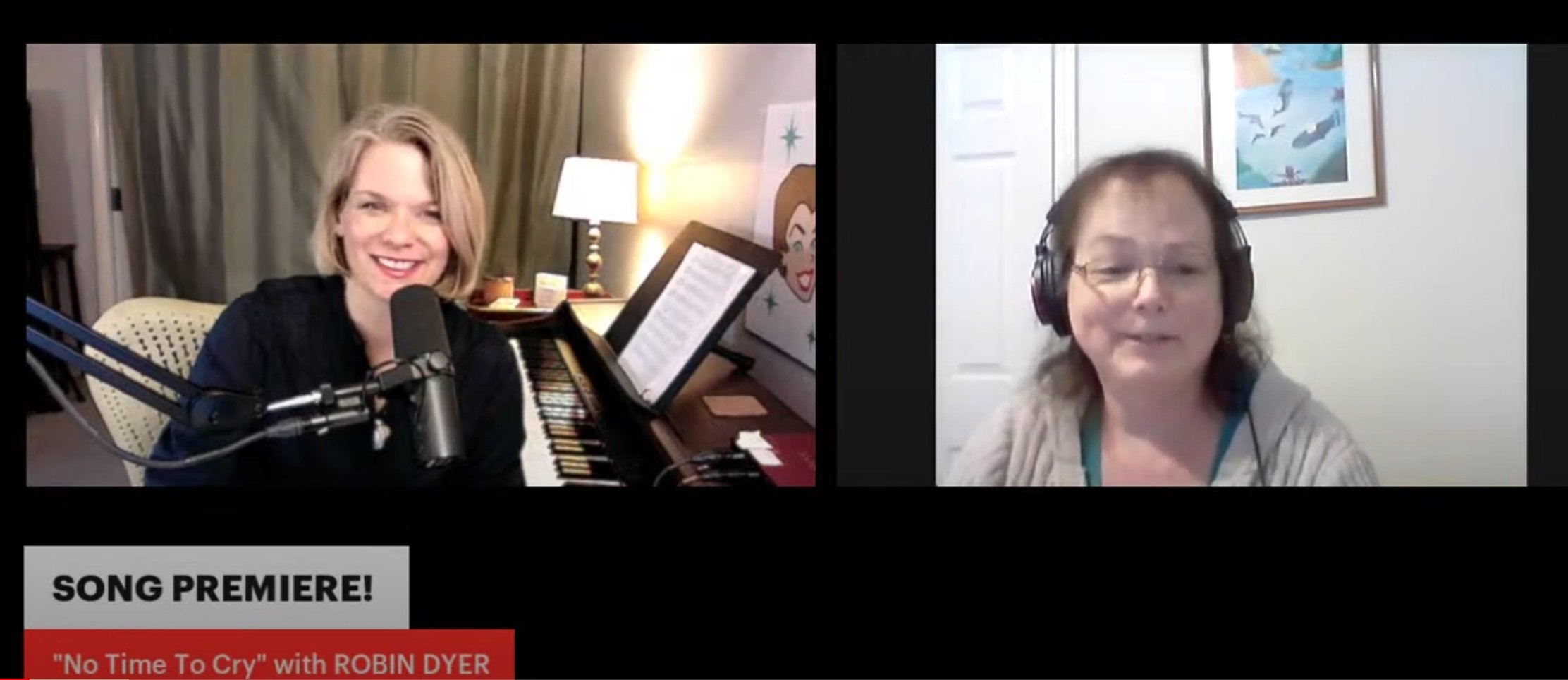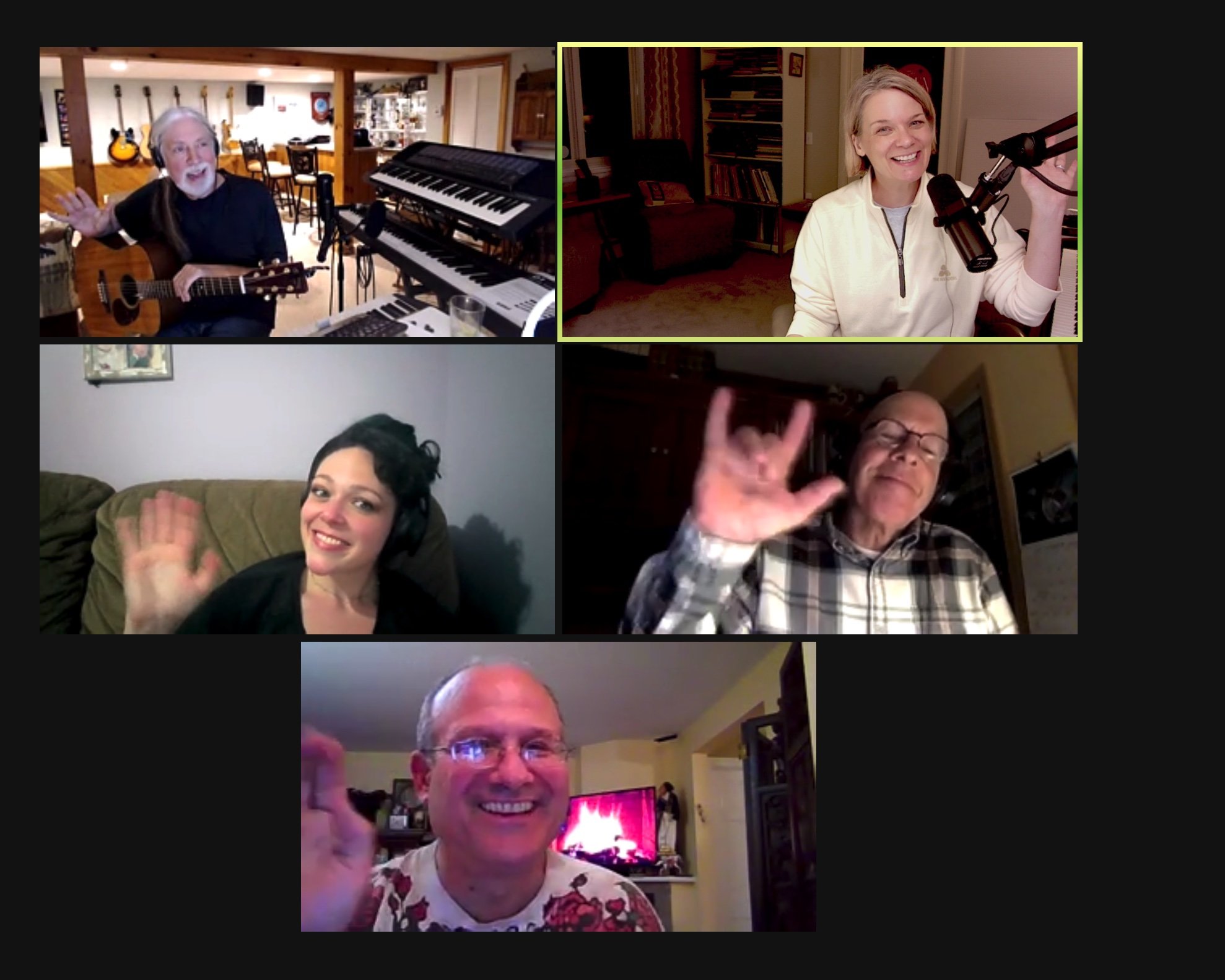I am selective about my smartphone apps: No to Angry Birds or Tetris, yes to Couch to 5K. No to Minecraft, yes to Vine. I only keep apps that I really like and use frequently. These apps make me happy!

Pandora reminds me of the summer I sold actual physical CDs and cassettes at Camelot Music. We sat around the break room digging through the large cardboard box filled with free promotional cassettes and CDs (okay, only I did that). I scored Madonna's Immaculate Collection, which was a big deal at the time.
I'm always justifying looking for apps for music education. My hardworking ClearTune app helps singers (including moi) figure out how to make the small changes that lead to more accurate pitch, and it's a godsend for nervous new sight singers and pianists ("Was that an E flat? It wasn't? I could have sworn it was. Are you sure?").
Being from the Dark Ages, I learned music theory the traditional way, with workbooks and flashcards. Writing out the scales is always a good idea, but apps are great for drills on note names, intervals, and chords. I like Musicopoulos for straight theory and straightforward practice. If you don't have a smartphone, Theta Music Trainer is a good place to practice.
My perfect pitch made ear training very easy for me, but I have begun to recommend these two solid apps for musical mortals: PlayByEar asks you to sing or play back chords and melodies accurately. EarTrainer shows intervals being played on a piano keyboard.
For sheer fun, the best ear training app is The Blob Chorus. Groups of blobs sing individual pitches, then a purple King Blob repeats one of the previous pitches. Match the blobs, and King Blob gets a crown. Get it wrong, your blob explodes! This is great for singers who are learning to hear their part inside a choir.
I have loved the public radio show Music From The Hearts Of Space since I was a teenage waitress at Elby's. The program aired on WCBE every Sunday night at 10pm as I drove home from the night shift, and I would keep listening as I changed out of my 100% polyester uniform and speed-read some Faulkner for the school week ahead. I use the show's app frequently and also listen to their online archive at www.hos.com
My senior high prom date turned me on to the SomaFM website years ago, as we exchanged one or two perfunctory emails to catch up and therefore avoid meeting up at reunions. He remembered my teenage love of Hearts of Space and recommended this. It was the last I heard of him but thanks, Dean, and I bet you have the app now too! SomaFM is a collection of 15 quirky, well-curated online stations (and that's the last time I will use "curate" in a post) ranging from NASA beeps and blips to bachelor pad jazz. I always wrap presents from Santa while listening to "Xmas in Frisko," their not-safe-for-children radio station.
I just downloaded the Inception app and . . woah. Wierd and wonderful to have music played according to your own movements! When I miss Michigan or DC, I listen to the local traffic report through my iHeart Radio app and then I'm glad I don't live there anymore. I also use a couple of lolofit apps, including the 7-minute workout and Jeff Galloway's Easy 10K. They always make me feel like an Olympian, no matter how infrequently l use them. I wish the 10K app had more variations in run-walk ratios. I don't see why I can't run for one minute and walk for ten, and still have Jeff tell me "great job!" in his Southern twang.
Even on the worst day, my Random Gratitude app asks me to think of something good and type it in. The best feature of this app is that it randomly scrolls through my previous posts, reminding me of so many wonderful little things that I might have otherwise forgotten.
So, what apps should I add to my collection?













